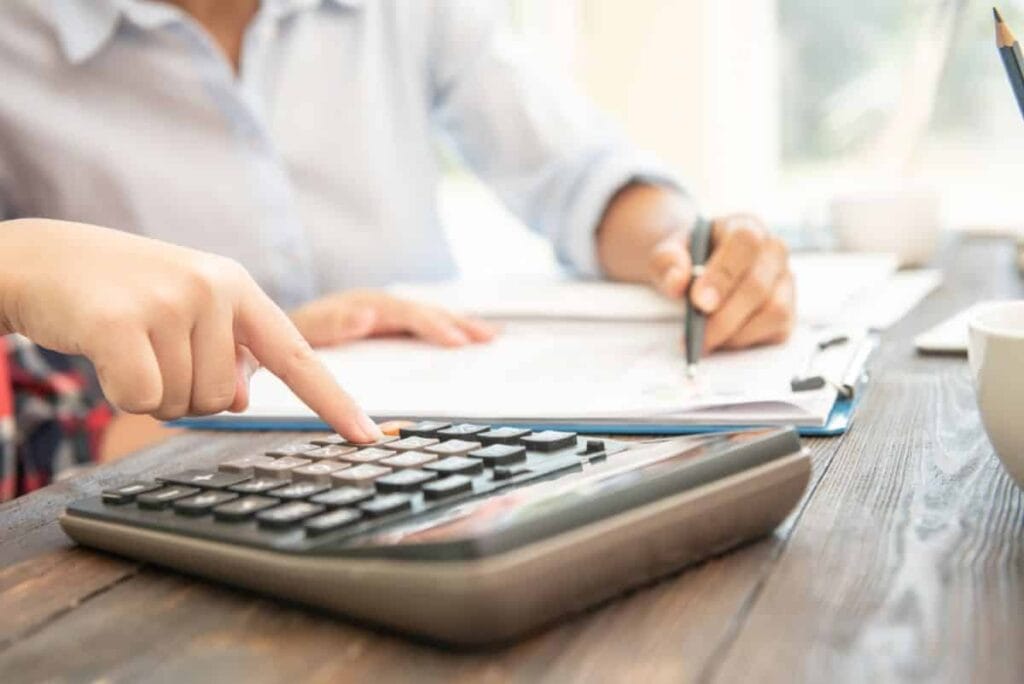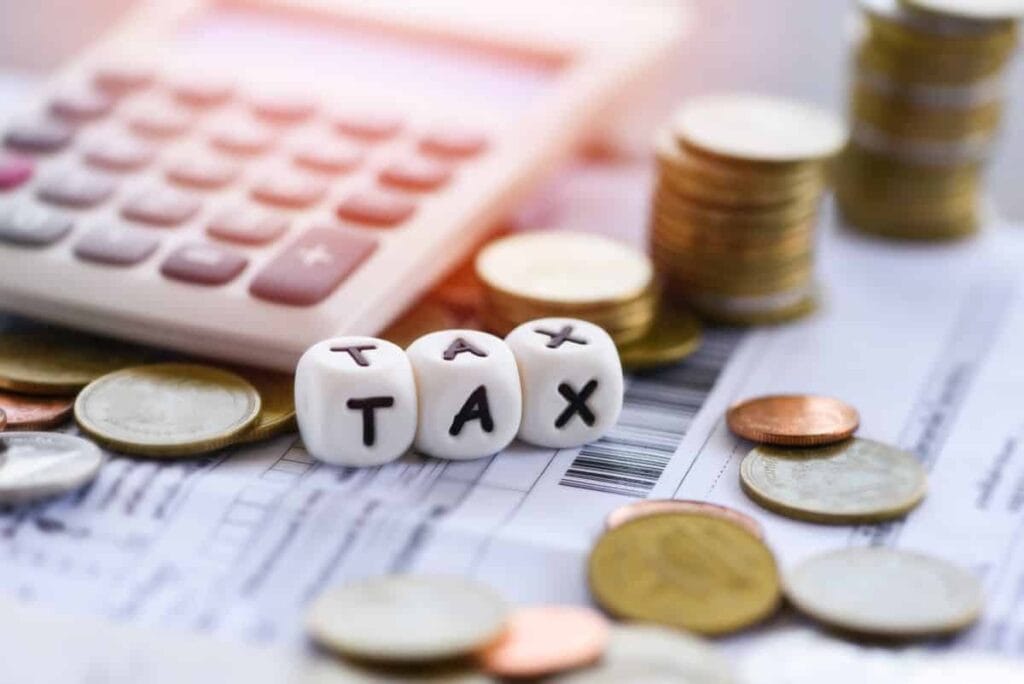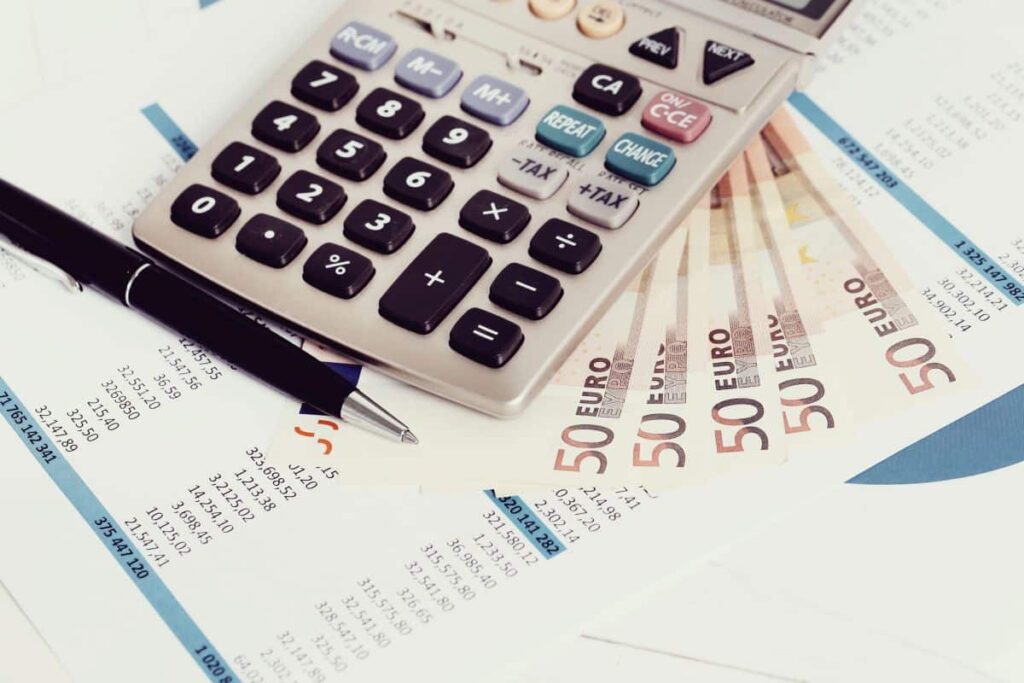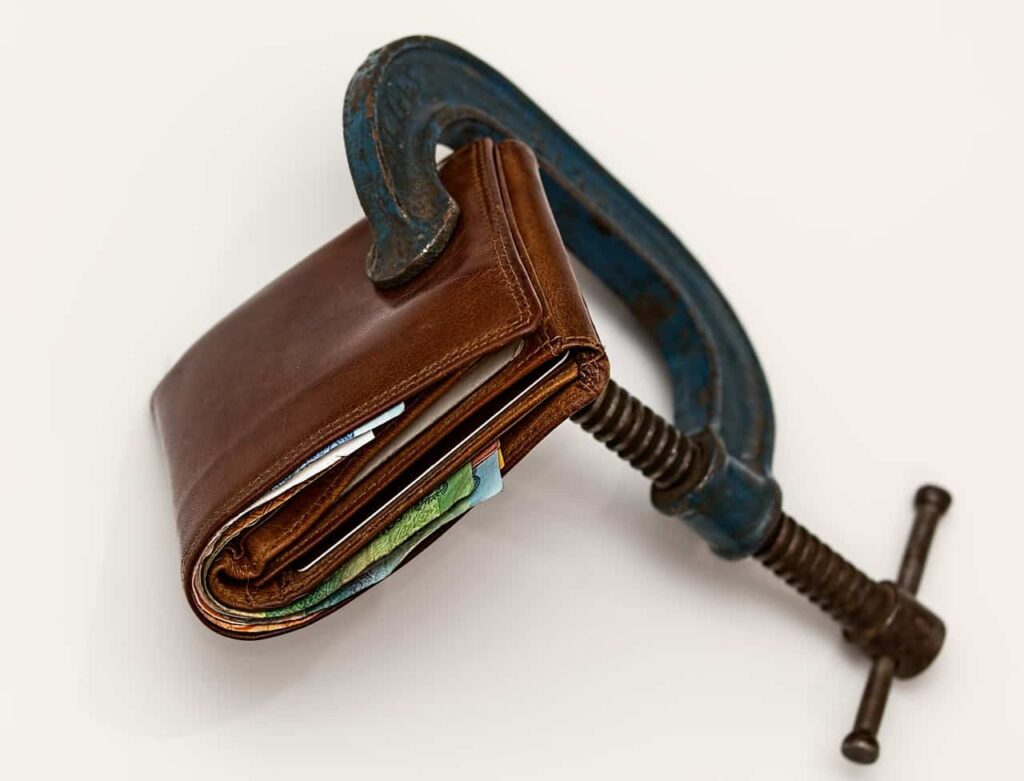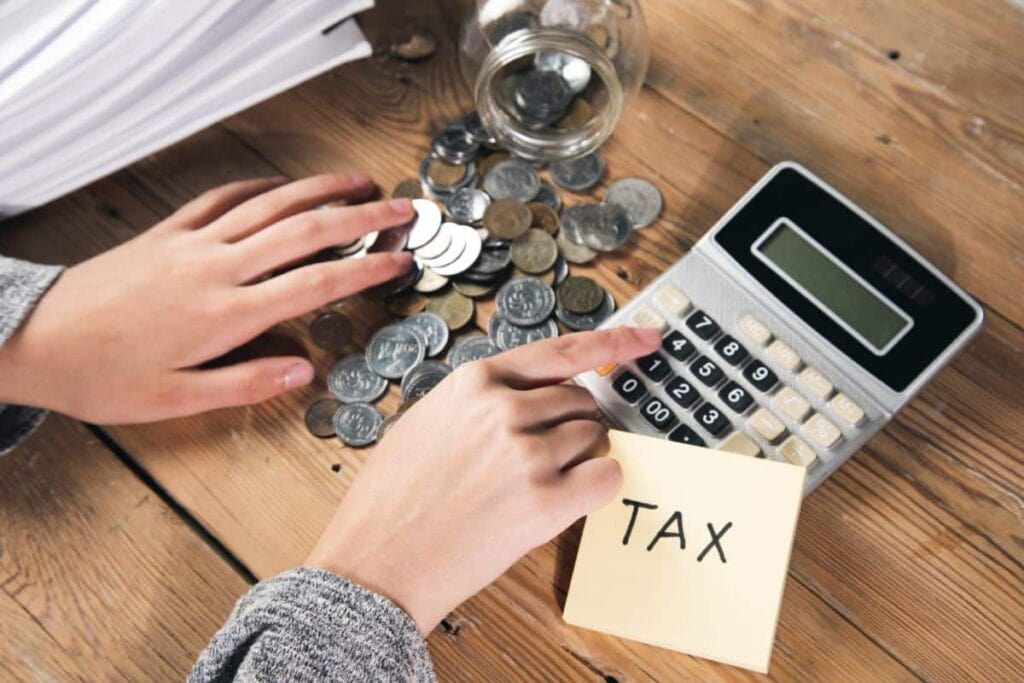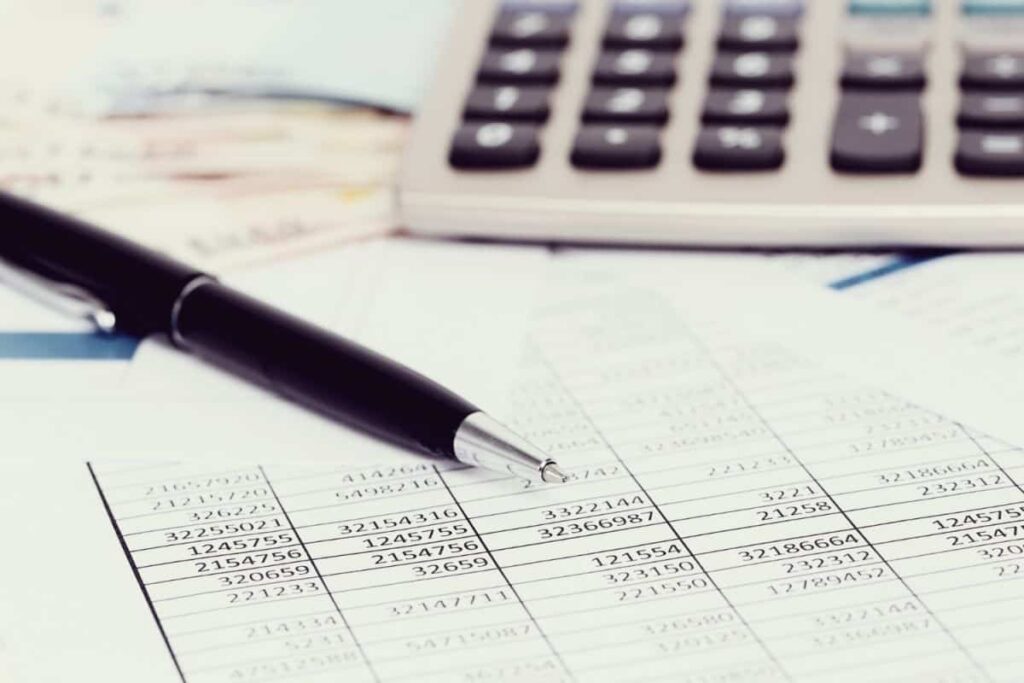Things You're Doing Wrong At Tax Time
There is no denying the fact that filing taxes may be a difficult and perplexing process. There is a strong possibility that you will make at least one error when filing your taxes this year, and this is true even if you have done your taxes each year for the past ten years. But don't be concerned! We are standing by to lend a hand.
In the following paragraphs, we are going to discuss some of the most typical errors that people make when completing their tax returns, as well as some suggestions for how to avoid these errors in the future. Continue reading this article to gain the knowledge you need to file your taxes like a master!
Are you preparing to send in your tax return soon? If that's the case, then you definitely want to avoid making any of these typical errors! By avoiding these errors, you can make sure that the procedure goes well and obtain the most value out of your return. Continue reading for a list of the top three mistakes that people make when it comes to filing their taxes. You'll be glad you did!
Are you starting to get worried about having to pay taxes? It is easy to make mistakes when you are completing your taxes; however, you should not be concerned because we are here to assist you. In this piece, we will discuss some of the most typical errors that individuals make when preparing their tax returns. By being aware of what to avoid doing, you may make the process more streamlined and increase the accuracy of your return.
Things That You're Doing Wrong When It Comes To Taxes
Let's admit it. Putting together a tax return is not something that the vast majority of people look forward to doing. However, if everything is done properly, it has the potential to be one of the greatest one-time payouts that some of us receive each year. Therefore, it is in everyone's best interest to get it right!
Sadly, out of the approximately 8.5 million Australians who are required to file a tax return annually, only a portion of them will do it in the correct manner. This is due to the fact that each year the Tax Office carries out over 450,000 evaluations and audits and modifies somewhere in the neighbourhood of $1 billion in over-claimed returns. And the amount of money that Australians are leaving on the table because they are not declaring all of their income is virtually hard to estimate.
When it comes to our taxes each year, what exactly are all of us doing wrong that causes us to be in such a bad position? The following list contains some of the more typical errors.
Putting Off Thinking About Tax Season Until It's Already Here
If you are having trouble finding information or proof of purchases, you may have neglected your taxes during the year. If this is the case, you are guilty of tax neglect. This might make things more complicated than they need to be during tax season, but being prepared for taxes does not have to be difficult.
Getting into a few easy routines may make a world of difference. For example, you could start snapping photos of all of your receipts, print your bank statements at the end of each month, and underline any expenses that are relevant to your place of employment.
There are also a variety of apps that may help you track your costs, which means that everything will be immediately ready to go when the end of the fiscal year arrives. These apps are geared toward people who are more comfortable using technology. Too simple!
Going DIY
We are well aware that you are not only extremely brilliant but also very good with numbers. But in all honesty, would you be able to state that you are entirely up to date on the latest Australian tax legislation?
Do not attempt to prepare your own tax returns if you have not spent several years or decades of your life working completely in the field of taxation. Just don't. There is no shortage of accountants who can be hired at reasonable prices and who will easily enable you to bring in more money from your tax return than their fee (which is also deductible) will amount to.
Excessive or insufficient investment in your tax professional
When it comes to choosing an accountant to handle your taxes for you, it is important to strike the correct balance.
Do you have 15 rental properties, a stock portfolio that could compete with that of a professional investment banker, and a number of limited proprietary trusts? It is possible that it would be a good idea to strive to become one of the Big Four accounting firms and to get a tax expert who has worked in the field for many years.
Do you have a job at a pizza business, and you haven't racked up any student loan debts yet? It's likely that your neighbourhood accountant will do just fine.
It's possible that overinvesting will result in wasting money unnecessarily, but underinvesting can occasionally end up being much more expensive due to missed deductions or other errors. Therefore, make an informed decision based on how your current situation affects you.
Thinking That It Is Already Too Late After It Has Been Submitted
If you attempted anything on your own for whatever reason but ended up making a mistake, don't worry about it. Your tax return may be quickly amended through the Tax Office's website, so there is no need for you to be concerned about any mistakes that may have been made. Therefore, rather than going offline, you should go online in order to avoid a possible fine.
Failure to Declare Earnings from Overseas Sources
When it comes to filing your taxes, those six months in which you worked as an English-speaking nanny in Barcelona and earned €8 an hour don't count, do they? Wrong …
You are obligated to report any income earned outside of the country, whether it be from work, pensions and annuities, investment income, gifts from the government or from businesses, or even capital gains on any assets located outside of the country.
And if you believe that no one will find out about your deception, you are mistaken. The ATO frequently goes after Australians who have assets or income overseas that they have not reported. Because governments all around the world are increasingly sharing data with one another, it is only a matter of time before you are discovered and brought to justice.
Under-claiming
Do you want to know the key to getting a good return on your investment? More deductions, more deductions, and even more deductions!
Even though deductions have the potential to move you into a lower tax rate, thousands of people in Australia are still failing to maximize their claims in a variety of categories. When faced with a situation like this, meticulously recording your expenditures and seeking the assistance of a trained specialist can make all the difference.
Over-claiming
Having said that, there are some things you simply cannot assert.
To give you an example, if you or any of your friends resided in your investment property for any length of time, you cannot claim tax deductions for the entire year on that property. You must also take into account the circumstances surrounding you. As an illustration, if you work as a security guard, you are eligible to receive a guard dog. However, if you are self-employed and your only dependent is a dog, you are not eligible to make this claim.
There are significant fines involved, therefore it is better to err on the side of caution.
The Proof Is Becoming Unreliable As A Result
There is no documentation, which means that you cannot make a claim for products that cost more than $300 under the heading "Other work-related expenses."
However, a typical misconception that arises in this context is the idea that each of the products must cost less than $300, and not that the items' whole value must be less than $300. Some costs associated with jobs fall under distinct categories, such as travel expenses, dry cleaning, or the federal unemployment tax (FBT). Therefore, it is in your best interest to retain receipts for each and every one of your expenses and allow your tax professional to classify them accordingly.
Tardiness
In this case, the answer is completely obvious. You are going to have to finish your tax return at some point, so there is no reason not to do it before the October 31 deadline.
For late returns, you may be subject to a fine. If the ATO owes you money, the risk of being contacted by them may be low; however, if you are the one who owes them money, you can be sure that they will get in touch with you.
Hating Tax Time
When you approach something with a pessimistic mindset, it will never be easy for you to do very well in that context. If, on the other hand, you go into the process with the mindset that even a modest amount of effort can result in a significant gain, it may be possible to reduce the sense that filing your taxes is an onerous task.
You might even find that you like the process because you are aware that you are contributing to the achievement of the highest possible return on your investment. Begin off the sofa and get moving by keeping in mind the vacation or shopping spree you might be able to treat yourself to as a result of your hard work.
Not Declaring Your Entire Income
According to the Australian Tax Office, the most significant error a taxpayer can make is failing to declare all of their income. This means that you are required to declare all of your income, including that from your regular employment, from any temporary positions in which you worked for less than two weeks, and from any cash-in-hand payments.
This even includes some things that you might recognize as income, such as money from the "sharing" economy or capital gains earned from cryptocurrency investments like Bitcoin.
Making a claim for a tax deduction that you are not eligible to receive

In order to be eligible for a deduction, an expense must be directly tied to the production of your income, you must have personally paid for the item in question (and not been given a refund), and you must be able to provide documentation to back up your claim.
According to the ATO, a lot of people get their personal charges and their job costs confused. So, for example, commuting from your house to your place of employment is not something you can claim, but if your job requires you to drive from one assignment to another, you can claim some of the cost of doing so if you use your own vehicle.
Other individuals fall prey to the pitfall of making "normal" deductions, such as $300 for laundry, although they possibly do not have the legal right to do so as part of their business.
Inability To Properly Maintain Receipts
The curse is what ultimately kills us all. Receipts are frequently thrown away, tossed in the car, or kept in shopping bags for the rest of their lives.
If it is at all possible, you should request that a receipt be emailed to you and then printed so that you have both a digital and a physical copy of the transaction. If you use the My Deductions app from the ATO, which allows you to capture images of your deductions as you make purchases, the process will be even simpler for you.
Making a tax deduction claim for an expense you have not incurred costs for
This is a no-brainer and circles back to the three important guidelines we discussed earlier. To begin, in order to be eligible for a deduction for something linked to your job, you need to have paid for it with your own money. If your employer paid for it, you are not eligible for the deduction.
Making a Claim for Your Personal Expenses on a Rental Property
According to the Australian Taxation Office (ATO), if you possess an investment property that is offered for rent, you are only eligible to claim deductions for the periods of time during which your property was either rented out to another party or was legitimately available for rent.
If you try to claim the full amount of the property's expenses while at the same time you haven't made a serious effort to rent it out, the tax office will treat your claim as suspicious activity.
Forgetting To Declare All Your Income
The Internal Revenue Service needs more information from you than simply the obvious income from your current job. Everything from the interest earned on your bank account to the dividends from any shares you may own needs to be declared on your tax return. During the course of the year, did you work at more than one location? You are going to need to find a group certificate from that job and disclose that, in addition to any investments that are in your name.
Deductions That Apply to Automobile Expenses As Well As Those That Apply To Rental Property Expenses
When it comes to claiming costs for your automobile or other motor vehicles, as well as charges associated with rental property, we get a lot of queries. And with good reason - there are a number of very intricate restrictions around them, including the types of records that you are required to preserve. If you make a mistake and the ATO discovers it, you might have to undergo an audit and take financial damage as a result. We are able to assist you in understanding the requirements and ensuring that you have the appropriate paperwork.
Incorrectly Declaring Expenses That Are Related to Work
Makeup used on stage is fair game for professional ballerinas, but lipstick used in everyday life is off-limits. Also, office workers are permitted to deduct travel expenses related to attending meetings, but not those related to travelling to and from their primary place of employment. The Australian Taxation Office has very stringent rules about what kinds of expenses can and cannot be claimed. Your accountant will be able to explain them, as well as uncover deductions for which you may not even be aware that you are eligible.
Making An Educated Guess Or Estimate Regarding Your Taxes And Income
On your tax return, when you are entering your earnings and the amount of taxation that you have paid, you need to make sure that you use precise figures. The ATO keeps a record of this, and when you submit information to them, they compare it to the information that they already have. They may not have records of certain sorts of income, such as consultancy or solo employment, but they are able to view your accounts.
Because some businesses will send pay-as-you-go (PAYG) statements, others will use single-touch payroll, and some may not send anything at all, it might be difficult to be certain of all of your revenue.
All your entries must be accurate and thorough. The attention of the ATO can be drawn by as little as a few dollars that are out of place.
Speculating On Or Guessing About Your Tax Write-offs
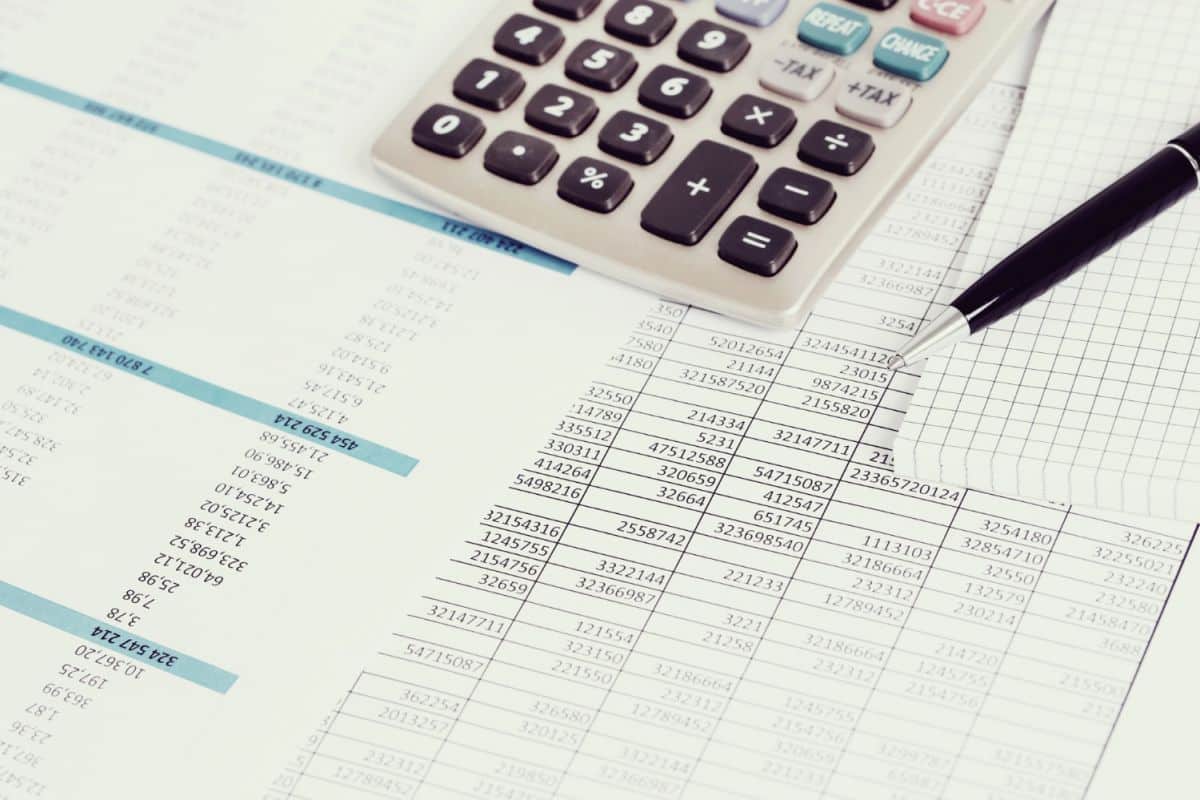
The ATO has developed an unhealthy preoccupation with the tax lessenings that regular Australians submit. They might be able to catch big-business tax evaders who conceal all of their earnings overseas and don't pay any taxes, but doing so would be more challenging. The truth is that both you and I are precisely in their line of sight.
Your tax deductions are an essential piece of information that the Australian Taxation Office (ATO) does not currently possess regarding you or your finances. This makes people feel a little awkward and uneasy. You are the only person who can accurately track your deductions.
Because the ATO scrutinizes each and every item that is claimed as a tax deduction, you shouldn't try to "outsmart" them. The next thing they do is compare your write-offs to those of other persons in your work, in your locality, in your industry, in your year's group, and to their own 'benchmarks.' Be wary thus if the ATO thinks that the amount of your deduct is too high. They also have an amazing penchant for asking questions regarding products for which you can't locate a receipt, which is why it's important to have that worked up in advance.
The Omission of Reporting Income Earned Abroad
A significant number of people who were born in Australia will spend at least some of their working life in another country. They frequently fail to pay the Australian taxes that are due. Others merely have the assumption that they won't have to file a tax return when they get back to their native country. Both of those are errors of judgment. If you are employed in a foreign country, you should consult a tax professional as soon as possible in order to keep your taxes out of problems and prevent having to make large tax payments.
If you are an Australian citizen for tax objectives, which is a more complicated concept than simply being here, then you are required to file an annual tax retrieval in Australia even if you are currently residing and working outside of the country. This is the case even if you are a citizen of another country. This is due to the fact that you are required to report not just the income from your employment overseas but also any additional income that you obtain from within that country.
Foreign income Includes:
- pensions and annuities;
- employment income;
- earnings on investments;
- earnings from a firm;
- profits from investments in foreign assets
Overstating Your Claimed Expenses For Your Rental Property Or Your Vacation house
The rigorous limits applied to when you can and cannot declare tax write-offs for the expenses associated to the property over the course of the year are frequently the cause of the most common mistakes made on tax returns relating to holiday and residential rental properties. It is important to take note of the following if you are the owner of a home or holiday rental property. Not every expense can be reimbursed, unfortunately.
Holiday rental properties:
- It is important to keep in mind that you cannot make a tax deduction claim for a vacation rental property that is not truly accessible on the market for rental. For instance, the times that you yourself spend at your vacation home, as well as the times that you invite non-paying guests such as friends or family members to stay there. When determining your total costs, you have to leave these periods of occupation out of the equation.
- In the event that your vacation rental is only available for a portion of the year, you will need to modify the amount of the deductions you are claiming in accordance with the proportion of the year that the property was rented out. Your accountant will be able to assist you with this.
- You and your spouse should divide the costs of maintaining the property equally between both of your tax returns if you own it jointly. You have the ability to specify the percentage of the property that you own within the online tax return. You should only claim the amount that corresponds to your share of the total claims and figures for that property. (This is also true for properties that are rented out to residents.)
Residential rental estates:
- At the end of each fiscal year, you are required to report any and all revenue that you have received from your property.
- You are only allowed to claim expenses for the portion of the year during which the property is offered for rent. In addition, you are not allowed to make a claim for any costs associated with the property prior to the first time it was rented out.
- It is not possible to make an immediate claim for the money spent on repairs and major improvements. On the other hand, these are declared at a rate of 2.5 percent of the full cost per year for a period of 40 years.
No receipts to deduct and no evidence of buy
A common and expensive mistake that a lot of people make is paying money for things connected to their jobs but not saving the receipts for those purchases.
In a nutshell, if you don't have receipts for your expenditures, you can only claim a maximum of $300 worth of costs that are relevant to your business.
Nevertheless, even in that case, it is not just a "complimentary" tax write-off. The ATO is not happy about that. Therefore, it needs to be actual costs.
Remember that the ATO has the right to ask you to repay some or all of your tax refund if you get a larger tax refund than you are entitled to because you over-claimed your deductions and got more money back from the government than you were supposed to get. This request can also include interest charges and possible penalties. This also applies to asserting large deductions that you are unable to verify.
If you have an inquiry regarding a certain deduction or cost you'd like to declare, reach your Accountant. You will be provided with professional guidance to ensure that you get the best possible refund and that you file your return in a legal and accurate manner.






